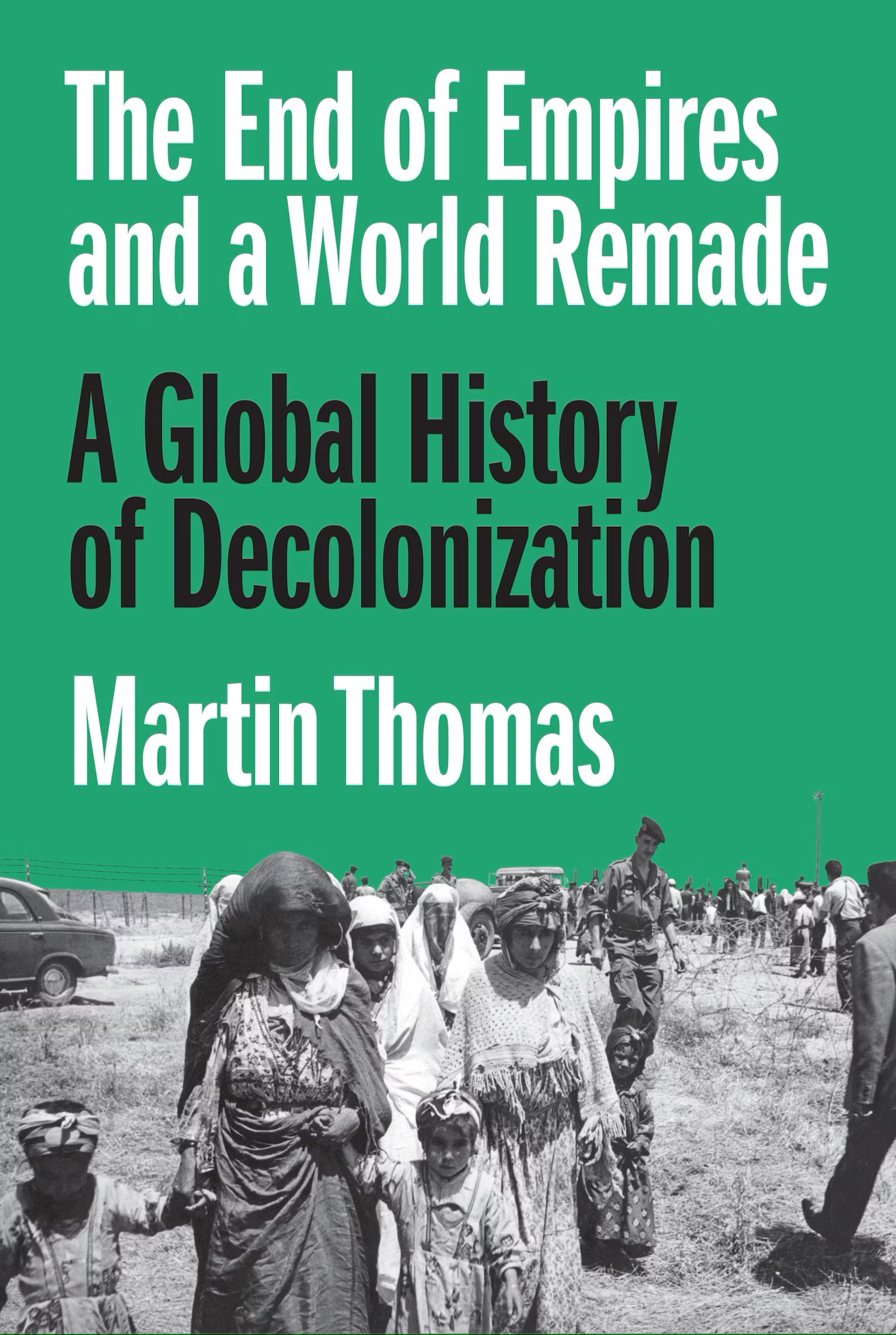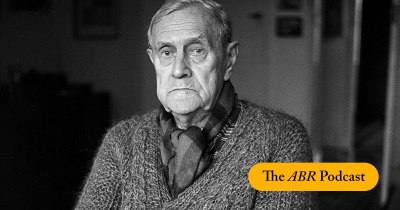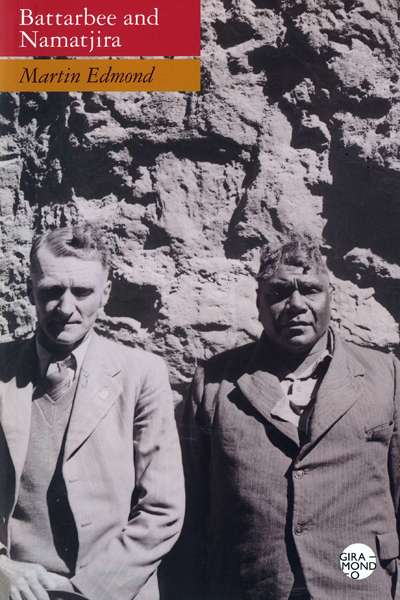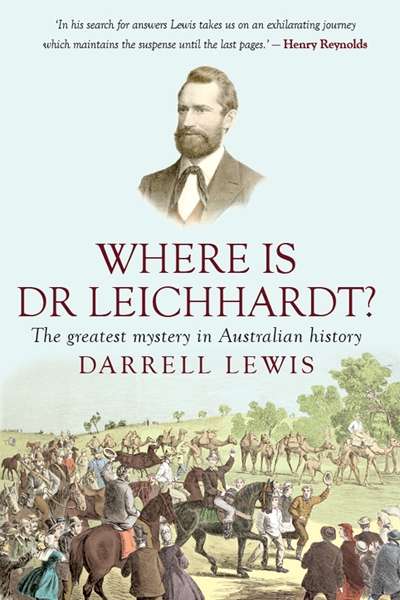Martin Thomas
Film | Theatre | Art | Opera | Music | Television | Festivals
Welcome to ABR Arts, home to some of Australia's best arts journalism. We review film, theatre, opera, music, television, art exhibitions – and more. To read ABR Arts articles in full, subscribe to ABR or take out an ABR Arts subscription. Both packages give full access to our arts reviews the moment they are published online and to our extensive arts archive.
Meanwhile, the ABR Arts e-newsletter, published every second Tuesday, will keep you up-to-date as to our recent arts reviews.
Recent reviews
The End of Empires and a World Remade: A global history of decolonization by Martin Thomas
Australia is not the science-fiction capital of the world; in fact we are probably not even on the map. This unfortunate fact would change if we could produce more writers like Paul Collins.
... (read more)Patrick White, winner of the Nobel Prize for Literature in 1973, has long been considered Australia’s finest novelist. And yet, the thirtieth anniversary of his death in 2020 passed by with barely a murmur. Was this merely a consequence of the pandemic, or are there larger cultural forces at play? In today's episode, historian and ABR Calibre prize-winning essayist Martin Thomas considers the posthumous neglect of the great Australian writer, who once described himself as a ‘Londoner at heart’ and who continues to challenge jingoistic and complacent forms of nationalism.
... (read more)‘Your sense of permanence is perverted,’ said Holstius to Theodora Goodman in The Aunt’s Story (1948). ‘True permanence is a state of multiplication and division.’ The words are prescient, for Patrick White, who wrote them, has done rather well at dissolving into the impermanence of post-mortem obscurity. Perhaps unsurprisingly in view of the pandemic, the thirtieth anniversary of his death in 2020 left little imprint. No literary festival honoured the occasion, and no journal did a special issue. If White is looking down at us from some gumtree in the sky, he will be bathing in the lack of glory. He despised the hacks of the ‘Oz Lit’ industry as much as he loathed the ‘academic turds from Canberra’.
... (read more)To complement our coverage of new books on the subject, we invited a number of writers, scholars, and environmentalists to nominate the books that have had the greatest effect on them from an environmental point of view.
... (read more)#1 Martin Thomas reads ‘“Because it’s your country”: Bringing Back the Bones to West Arnhem Land'
In 2013 we published Martin Thomas's Calibre Prize-winning essay ‘“Because it’s your country”: Bringing Back the Bones to West Arnhem Land'. This powerful story of the repatriation of Aboriginal bones soon became the best read article on our website and we are delighted to be able to launch the ABR podcast with it.
... (read more)Jennifer Maiden's The Fox Petition: New Poems (Giramondo) conjures foxes 'whose eyes were ghosts with pity' and foxes of language that transform the world's headlines
... (read more)Books of the Year is always one our most popular features. Find out what our 41 contributors liked most this year – and why.
... (read more)



